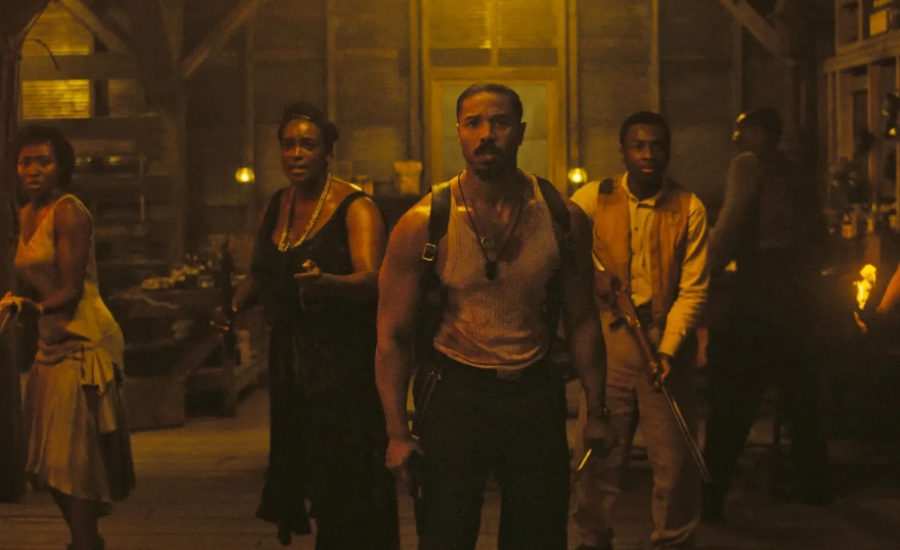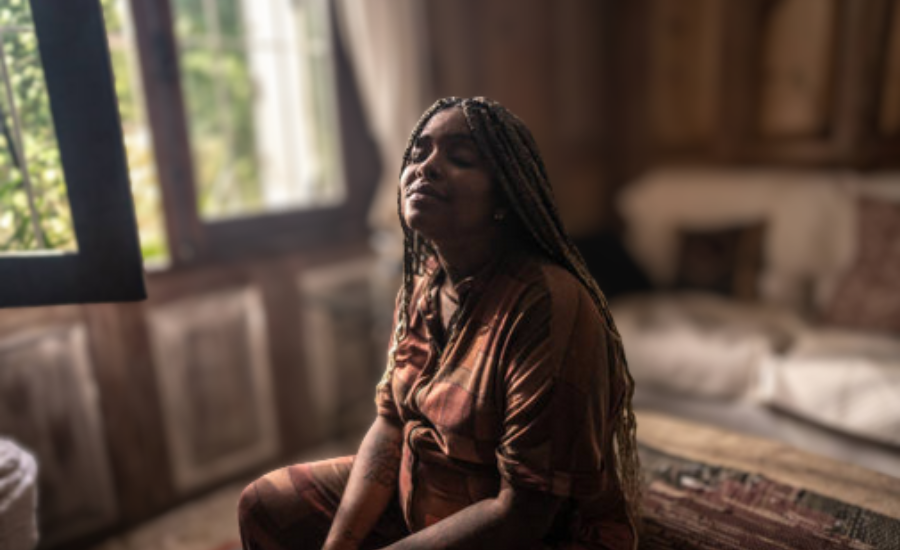Black women die of Cervical Cancer at a disproportionately higher rate
By Shawn West // Health // EEW Magazine Online
Six years ago, when Jemele Watts was a 38-year-old mother of one, she received a life-changing cancer diagnosis.
"My doctor phoned me and said come to the office which made me really nervous," Watts recalls. "When I got there, he said, ‘You’ve got cancer. But we are going to do everything we can to fight. I was devastated and scared at the same time. I was wondering, ‘How far along is the cancer? Will I live? Am I going to leave my daughter behind?'"
At the time of being diagnosed, Watts was the only one is her family to ever have cervical cancer. One of her aunts has been diagnosed since that time and successfully received treatment.
Human Papillomavirus (HPV) is the cause of 95 percent of cervical cancer cases (EEW)
Watts says before learning she had cancer, she’d had abnormal pap smears in her twenties but did not know that she had a strain of the human papillomavirus (HPV) — which is the cause of 95% of cervical cancer cases.
"No doctor had ever talked to me about my HPV status. I wasn’t told it was something I should keep an eye on. If I had known, maybe I would not have received this diagnosis," she tells EEW Magazine Online.
For lots of women, cervical cancer is largely preventable. Plus, the five-year survival rate is over 90% when the cancer is detected early.
Unfortunately, though, an estimated 4,290 women in the U.S. died of cervical cancer in 2021.
The five-year survival rate of cervical cancer is over 90 percent when the cancer is detected early. (EEW)
Black women, like Watts, are more likely to die of the disease because it is typically discovered at a later stage than for white women, according to a joint report by the Southern Rural Black Women's Initiative for Economic and Social Justice (SRBWI) and Human Rights Watch (HRW).
The study found "glaring racial disparities" in cervical cancer deaths at a rate that keeps getting worse with age.
Tracy Davis, a women's rights researcher, tells EEW Magazine Online that there are several reasons why Black women have worse outcomes, like healthcare and insurance disparities and historic mistreatment of minorities by medical professionals.
“Instances of mistreatment are far more common than many might believe,” explains Davis. "Often, minority women are misdiagnosed, undiagnosed, or ignored when they complain despite seeking medical care."
Because of this mistreatment, Davis says, "Some Black women get so frustrated with the process, they no longer want gynecological care which can be detrimental to their health."
Failure to address issues of racial discrimination within the healthcare system that has a well-documented history of abuse and exploitation of Black people will continue to negatively impact communities of color, believes Davis.
Today, Watts is thankful to be a Black woman with a success story of surviving cervical cancer after undergoing chemotherapy, radiation, and a radical hysterectomy that required removing her uterus, cervix, the connective tissue around the cervix, and part of the vagina.
"When I went through treatment, my family was very supportive,” Watts says. “But it was a very trying time, and I had to lean on my faith. My success story did not come without difficulty, a lot of tears, and crying out to God."
Black women who need additional community support can link to Cervivor, a group that describes itself as a "global community of patient advocates who inspire and empower those affected by cervical cancer."
Tamika Felder is founder of Cervivor, a global community of patient advocates who inspire and empower those affected by cervical cancer. (Courtesy of Tamika Felder)
Cervivor was founded by a Black woman, Tamika Felder, who was diagnosed with cervical cancer at 25.
"Cancer took a decade of my life," Felder tells NPR. "It took me a decade, really 13 years, to put the pieces back together, and the pieces didn't fit exactly in the same way."
She continues, "Right now, everyone's trying to be as diverse as possible because of all the racial injustice that's happened in the world, but when I was going through my cancer diagnosis, there weren't people that looked like me who were telling their stories.”
Felder’s goal is to “be there for people” so they will “know that they are not alone."
While the Cervivor Network does not focus exclusively on Black women's health, Felder says, “It is a big part of the work that we're trying to do to make sure that we close those health divides."














